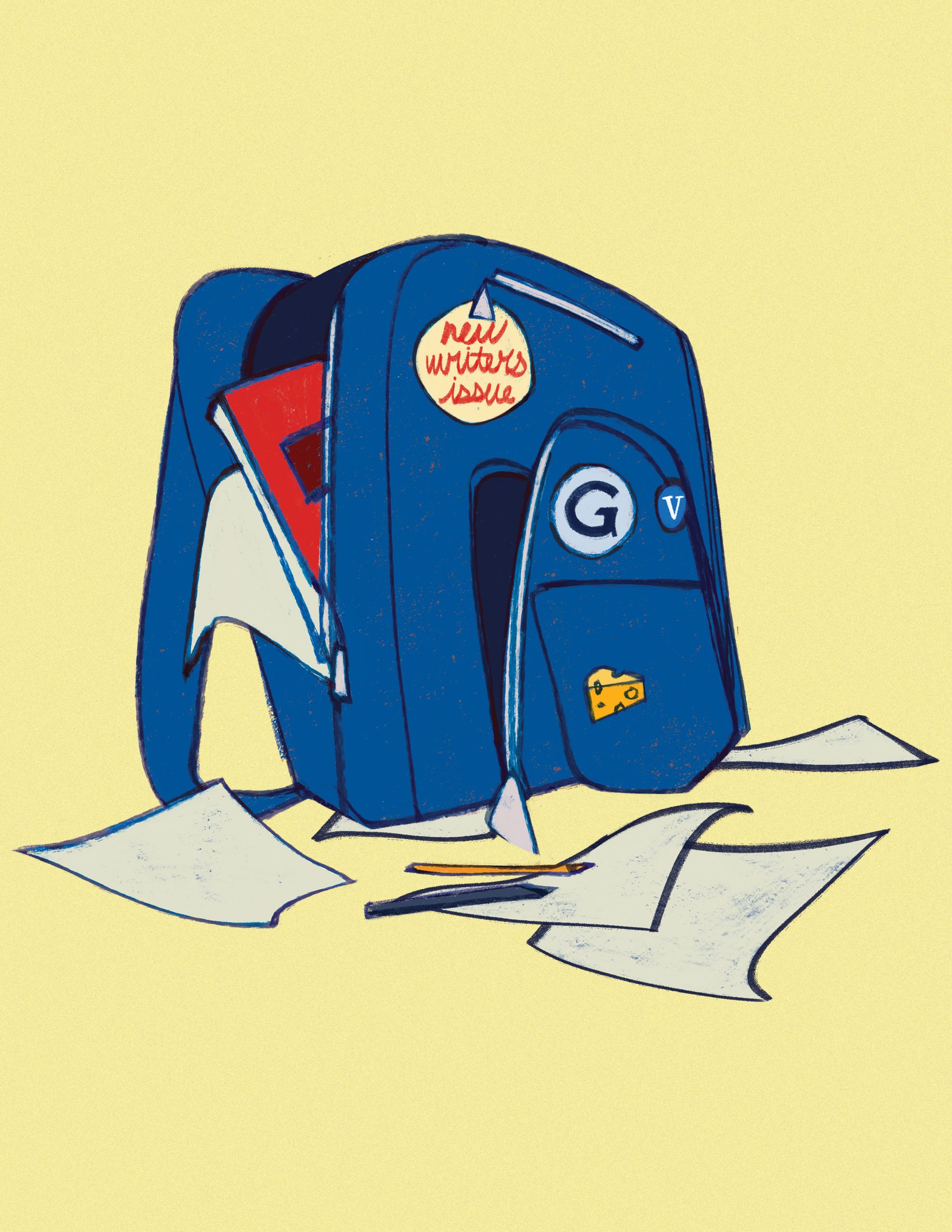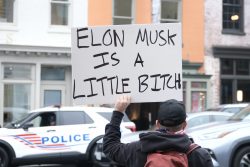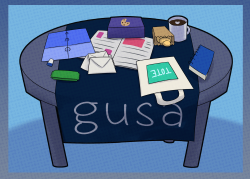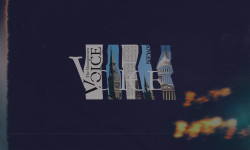The City Council may curtail free speech rights by passing the “Noise Control Protection Amendment Act” on February 19th. And while I sympathize with those D.C. residents who can’t sleep past 8 a.m. or enjoy a peaceful evening at home due to neighborhood noise, the act—sponsored by councilmember Tommy Wells (D-Ward 6)—assaults the First Amendment and the Council should not pass it.
Back in 2004, with construction taking place on M Street, the Council passed the seemingly innocuous “Georgetown Project and Noise Control Emergency Amendment Act” to permit exceptions to the District’s noise code in order to allow construction at night. Buried in this mundane act was the phrase: “A sound shall not be considered a noise disturbance if made during noncommercial public speaking during the daytime.”
That clause, which applies to the entire city, has caused a lot of trouble for David Klavitter and others who live near the intersection of 8th and H Streets NW. According to Klavitter, a few very vocal preachers settle in for five to six hours on Saturdays, using amplifiers to blast their message into nearby homes.
Under the 2004 act, since the speech is noncommercial and made between the hours of 7 a.m. and 9 p.m., Klavitter and his neighbors have no recourse.
For the past few years, Klavitter has spearheaded a “Quest for Quiet” to draw attention to this loophole in the noise code. His group recently staged a protest, complete with amplifiers, on the corner of Wisconsin Avenue and M Street, demonstrating what they are subjected to every Saturday.
He said that within two hours they cleared out the nearby restaurants and got complaints from families whose babies couldn’t sleep.
So Klavitter’s councilmember, Wells, proposed the “Noise Control Protection Amendment Act,” which would limit how loud noncommercial speakers can be by outlawing noise that meets the following criteria: louder than 70 decibels (approximately the level of a busy street) as measured 50 feet from the speaker, more than 10 decibels over the level of ambient noise, and, most disturbingly, exceeds the questionable “reasonable person standard.”
Significant potential for abuse stems from the application of the reasonable person standard, a stipulation in the bill that prohibits excessive noise as determined by a “reasonable person.” Although this was meant to give leeway to protesters, it also invites selective application.
The standard, used against many a Georgetown student’s party, relies on subjectivity. Combine that with controversial political messages and you are begging for discriminatory censorship.
The American Civil Liberties Union and the AFL-CIO argue that the bill is an infringement on First Amendment rights and marginalizes protesters. Although I understand Klavitter’s point, a few disgruntled diners should not be enough to threaten anyone’s right to free speech.
“If you cannot be heard then you have been reduced to nothing,” Rick Powell, Political Legislative Coordinator for the metropolitan AFL-CIO, said. “There’s a reason the First Amendment is the First Amendment. The First Amendment is the freedom of speech. If you don’t have that then everything that follows doesn’t mean anything; it’s hollow.”
Klavitter said the current law “gives free speech rights to those with the biggest amplifier.” He went on to describe the possibility of a Cold War-style amplifier escalation. But the threat of being drowned out by the opposition is far less grave than that of being arbitrarily fined $500, the punishment for violating the noise code.
Counterbalancing freedom of expression and the right to peace and quiet is extremely tricky, and this bill makes a commendable effort. Unfortunately, it’s not quite good enough and it jeopardizes D.C.’s tradition of political protest.
Loud protests under your window may not be pleasant, but they are part of living in a city, especially D.C.
Perhaps there is a way to perfectly reconcile freedom of speech and the quest for quiet, but the D.C. Council hasn’t found it yet. Until they do we need to stay committed to the First Amendment, amplifiers and all.




